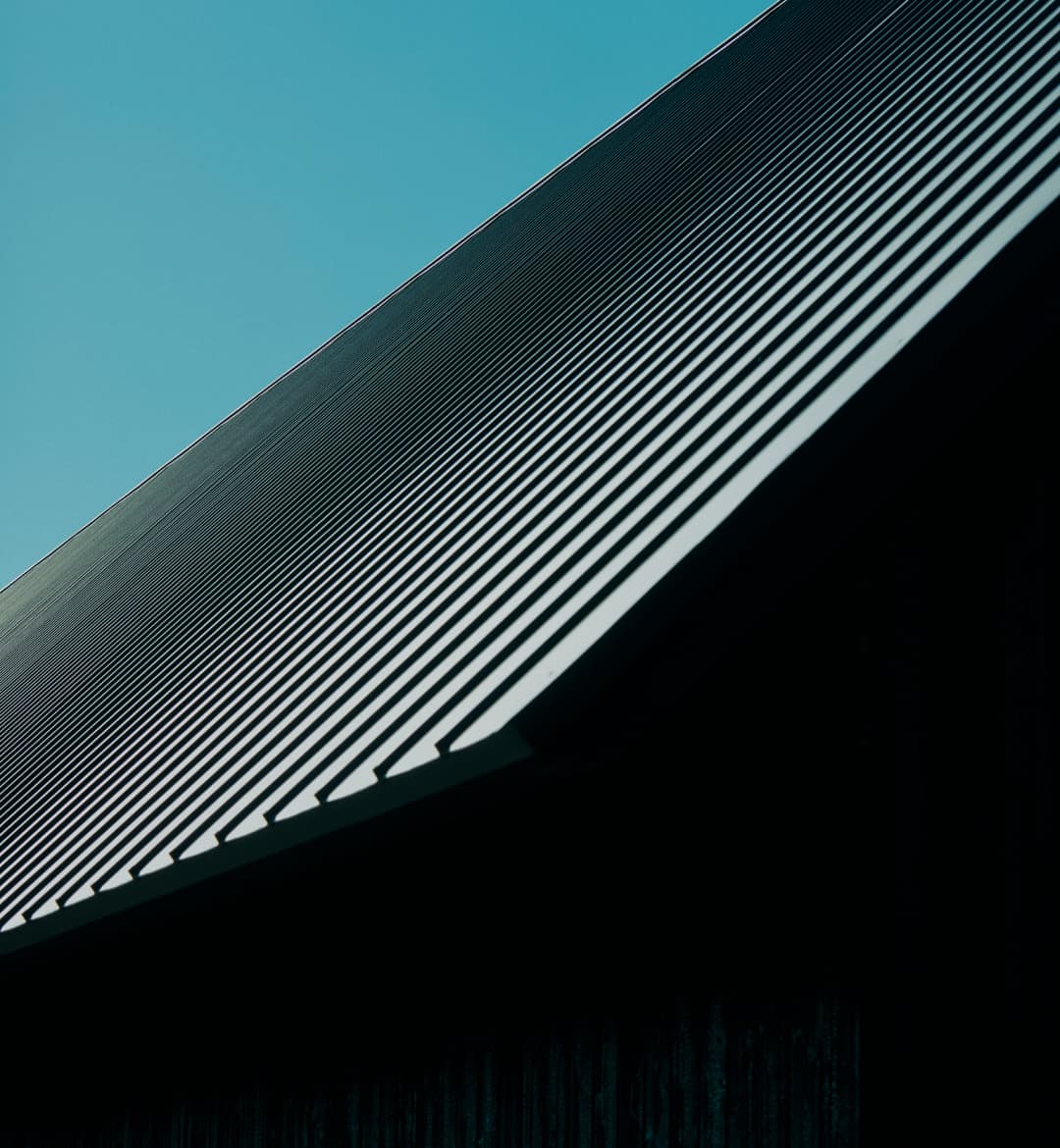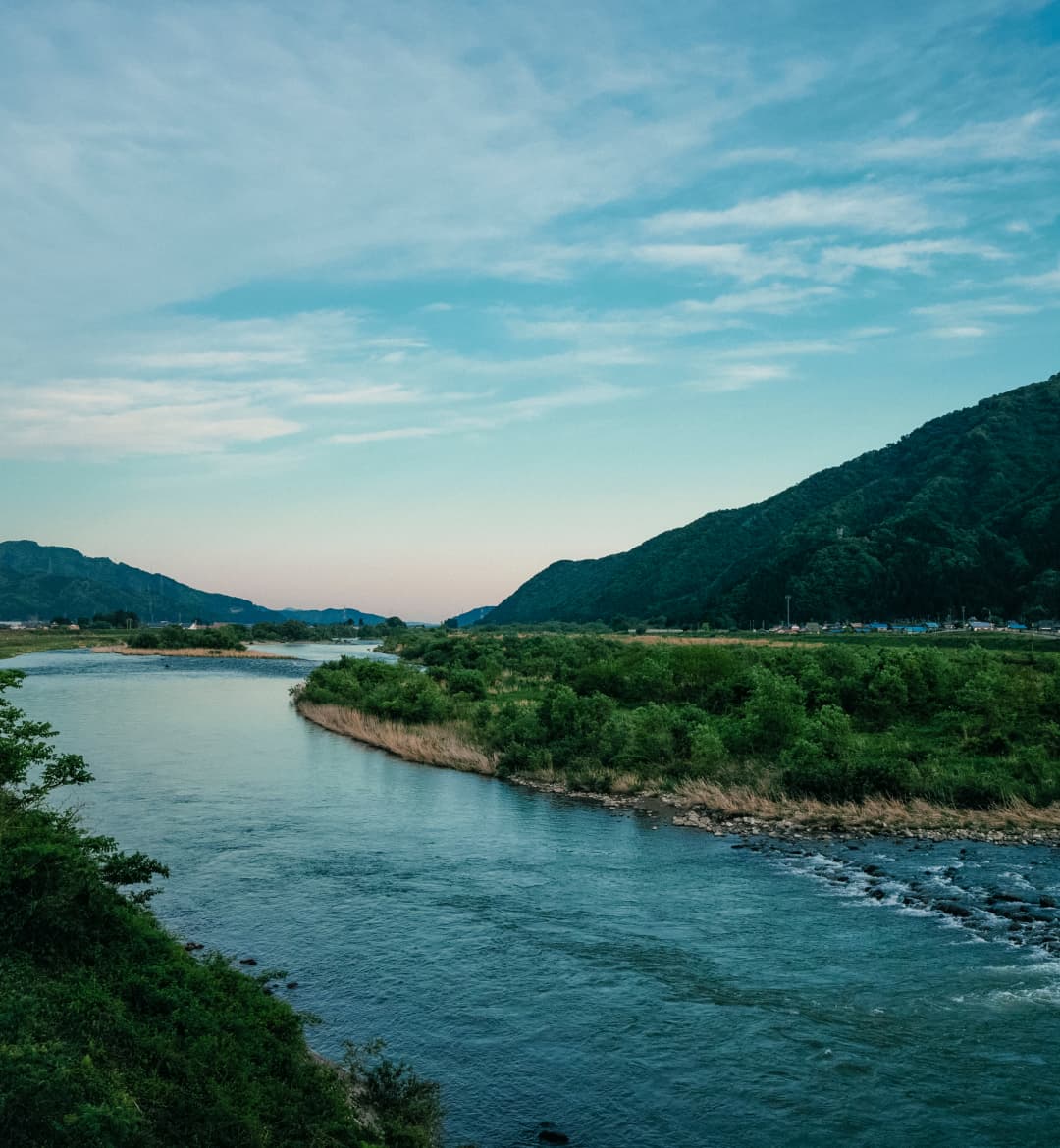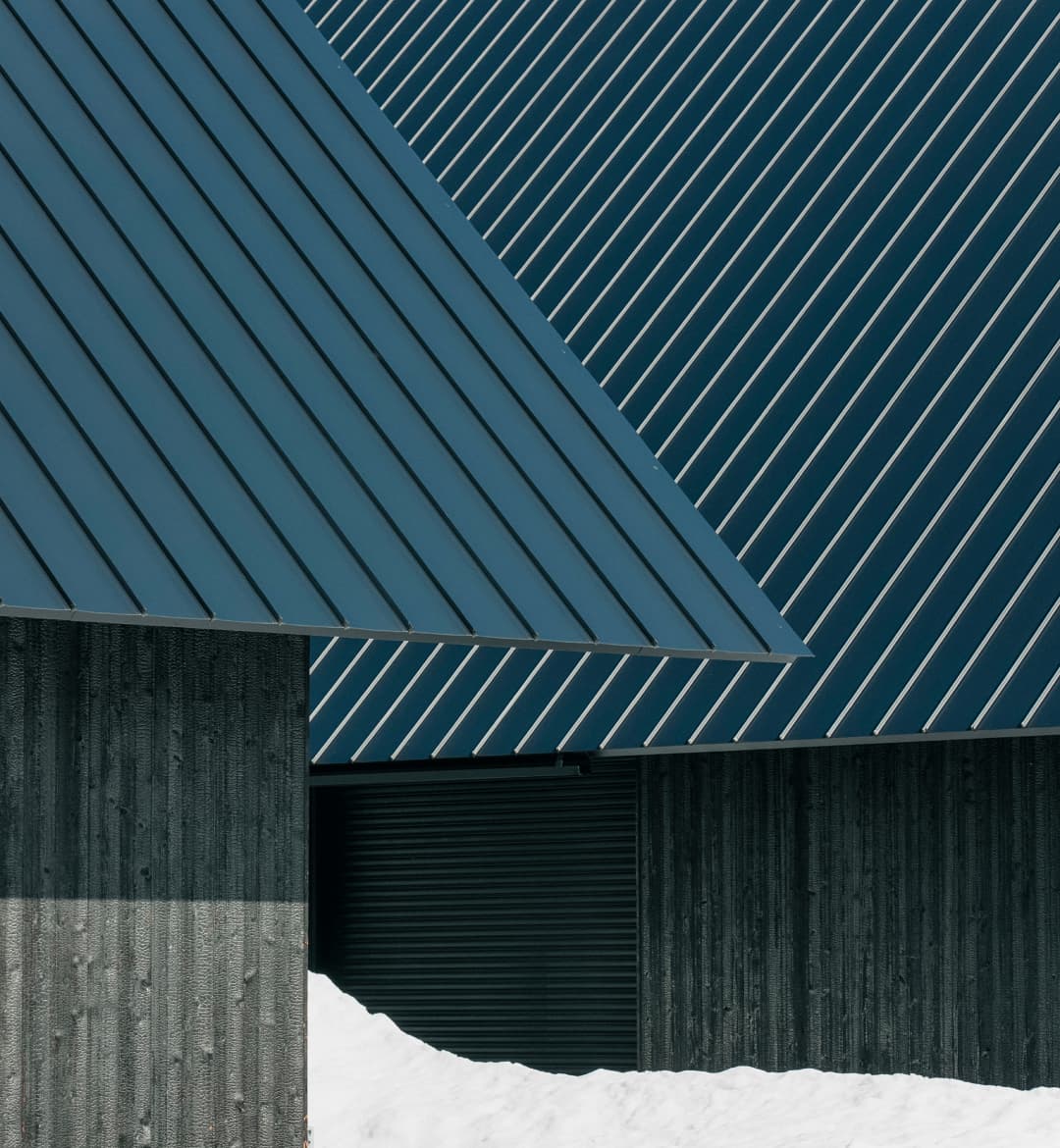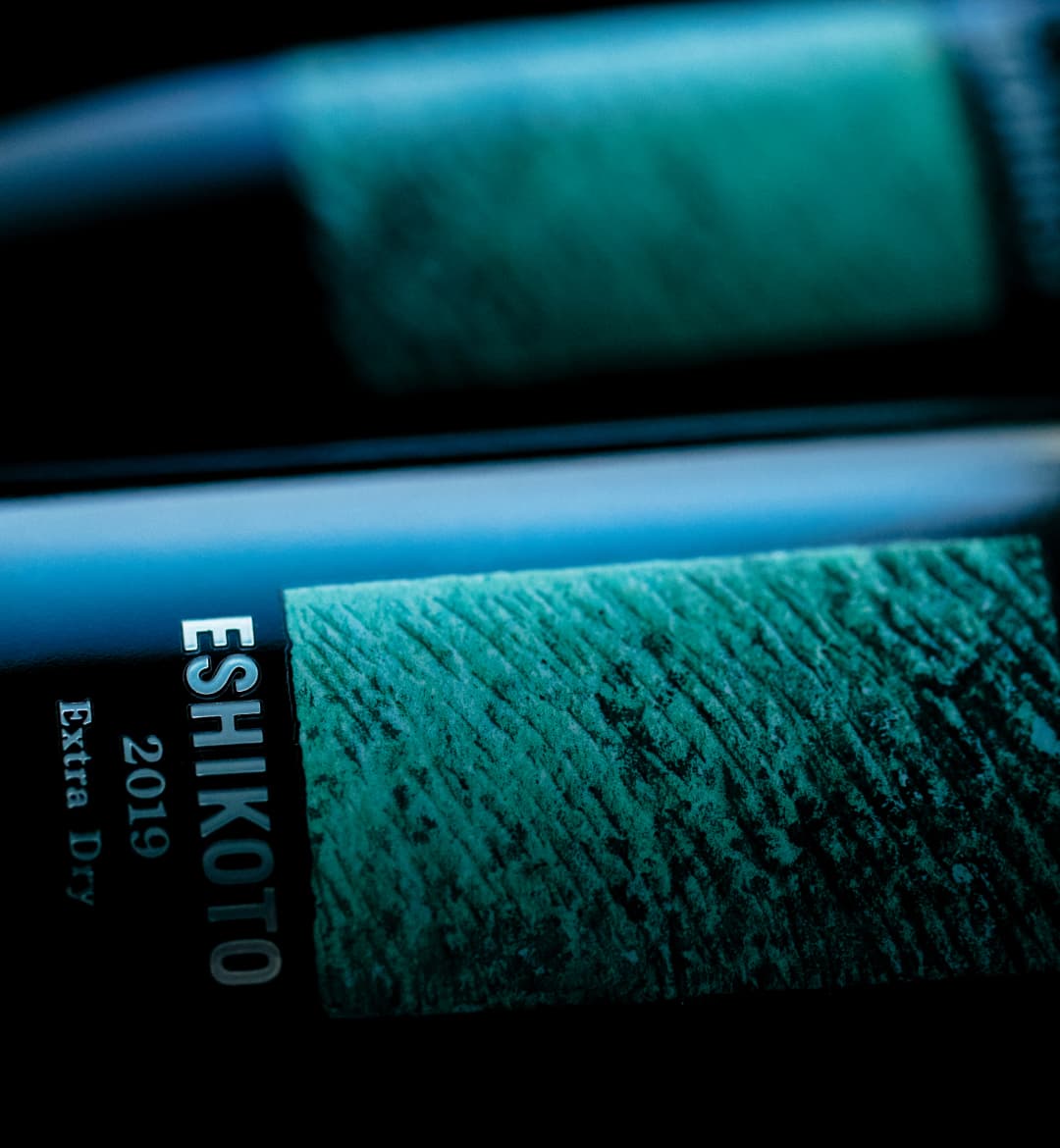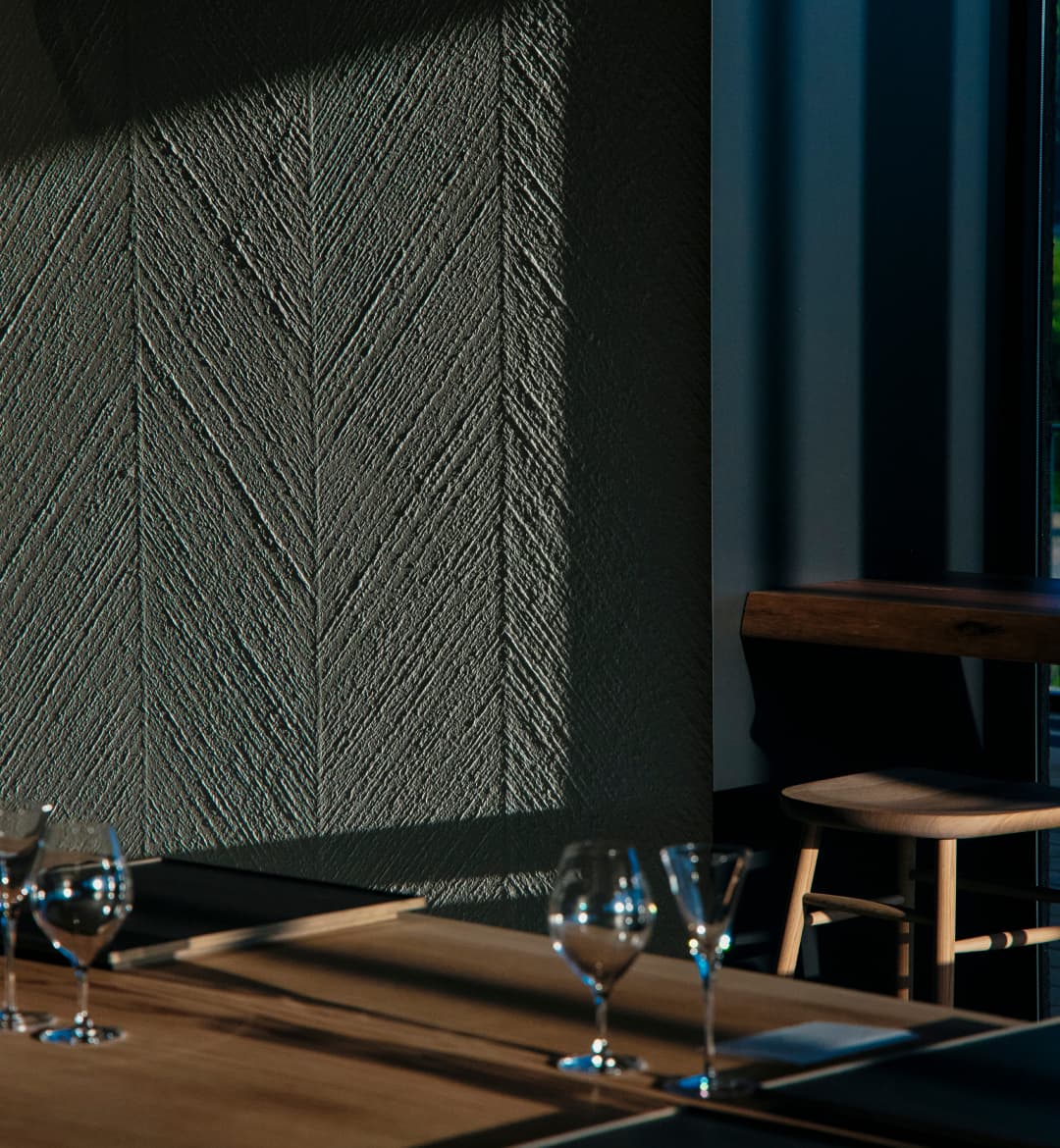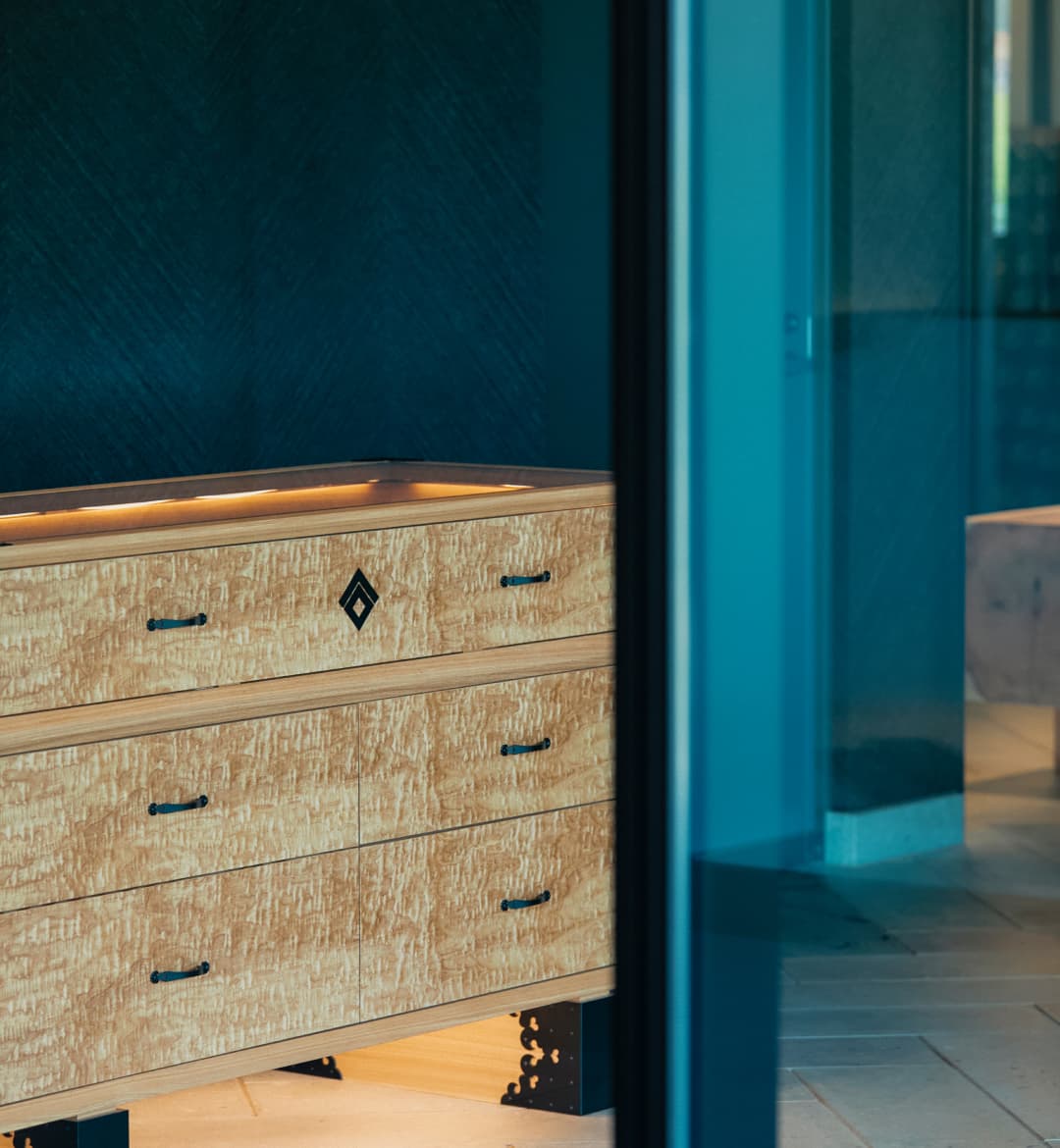( Greetings )
Philosophy
How ESHIKOTO was created
Greetings
ESHIKOTO is a multipurpose facility that communicates the rich culture of Fukui and Hokuriku. Simultaneously, it's the name of a sake brand made in the region. ESHIKOTO is produced by Kokuryu Sake Brewery, which has been making sake in Fukui for over eight generations, and Nizaemon Ishidaya, the namesake. Originally, sake was closely tied to festivals of shrines and temples. Kokuryu Sake Brewery is no exception; sake has been cultivated in the town of Eiheiji, which is at the foot of Eiheiji, known as the head temple of the Soto sect of Buddhism, for 200 years.
ESHIKOTO was born in Fukui under the theme of sake, food, and art as a place to share the culture of Fukui and Hokuriku with the world today and tomorrow, based on culture, tradition, and the mother nature of Fukui. We hope you can feel the grand nature of Fukui, the rich culture fostered in the land, and the immense scope of time.
About the nature of ESHIKOTO
All is in harmony with nature
"Eshikoto" means "good things" in ancient Japanese. The "eshikoto" of Fukui and Hokuriku can be said to be the Kuzuryu River, which is the mother river of Fukui.
For 220 years, Kokuryu Sake Brewery, which produces ESHIKOTO, has laid down its roots and honed techniques in Eiheiji, where underground water from the Kuzuryu River flows. With the hopes of ESHIKOTO becoming a place that could manifest and spread the blessings of nature brought forth by the Kuzuryu River in the form of culinary culture and experiences, it was built in a location with a view of the Kuzuryu River with gratitude and admiration for the water source, which we have a deep connection to.
We genuinely hope that ESHIKOTO will become a place where various “eshikoto” will meet and create a new culture, just as innumerable small streams eventually form a large river.
About our architecture
Merging with the original landscape
ESHIKOTO is made up of several buildings. The buildings have been designed to harmonize with the surrounding natural environment and are placed in consideration of the topography and vegetation.
For example, the Shurakutoh has an open ceiling and layout, seamlessly connecting the exterior and interior; this creates a sense of unity with the landscape outside. Located next to it is the Garyu building, which has a striking black exterior that is bulky yet elongated and serene, allowing it not to interfere with the surrounding landscape.
Each building in the new area, which was opened in 2024, has unique shapes that give them a strong presence, but they blend in with the surroundings by utilizing the gentle slope of the land. Traditional Fukui materials and styles are incorporated to create a deep connection with the local community, such as the abundant use of shakudani natural stones from Fukui in the landscape.
About our limited sake, ESHIKOTO
Brewing sake
ESHIKOTO, a new addition from Kokuryu Sake Brewery, is a limited sake brand with the concept of coexisting with nature and fusing with the local culture. We search for new possibilities of sake through sake brewing while paying our respects to Fukui's rich natural environment and traditional culture.
We will continue carrying the sake-making tradition that Kokuryu Sake Brewery has cultivated in Fukui and simultaneously explore new sake-making styles by breathing new life into the Japanese sake industry.
We hope you can taste the vitality of human nature beyond artificiality at ESHIKOTO.
About our food
The blessings of Hokuriku's nature
Fukui is almost in the center of the Japanese archipelago, on the coast of the Sea of Japan, not far from Keihanshin and Chukyo. It was once known as Miketsukuni, a place close to the sea that provided ingredients to cities like Nara and Kyoto. Seafoods like Echizen crab and Wakasa Guji tilefish are delectable, and agriculture is also rich thanks to the underground stream of the Kuzuryu River. Further, Fukui is a spiritual region; it's home to the temple of Eiheiji, the head temple of the Soto sect of Zen Buddhism, and Yoshizaki Gobo, a temple built by Rennyo Shonin. As such, there's also a culinary culture of Buddhist vegetarian cuisine that centers around vegetables and soybeans.
At ESHIKOTO, visitors can taste ingredients from Fukui based on the theme of sake, and experience the culinary culture of the Hokuriku region.
About our traditional crafts and art
Promoting beauty
Fukui has a history of excellent craftsmanship. For instance, Echizen lacquerware is said to be traced back to the sixth century and Echizen washi paper techniques still live on in the production of current currency. Echizen ware is one of Japan's six ancient kilns. Meticulous handiwork passed down for hundreds of years, such as Echizen chests with their glossy luster and grand beauty, is incorporated into everyday life.
As a place that promotes the beauty unique to Fukui, where the philosophy of Zen can be subtly felt, ESHIKOTO brings together crafts, art, architecture, and design from Fukui and the wider Hokuriku region. We hope you can leisurely enjoy art that's connected to the land.

